What is the use of only knowing? I say to thee, act and be, for therefore God sent thee into this human body
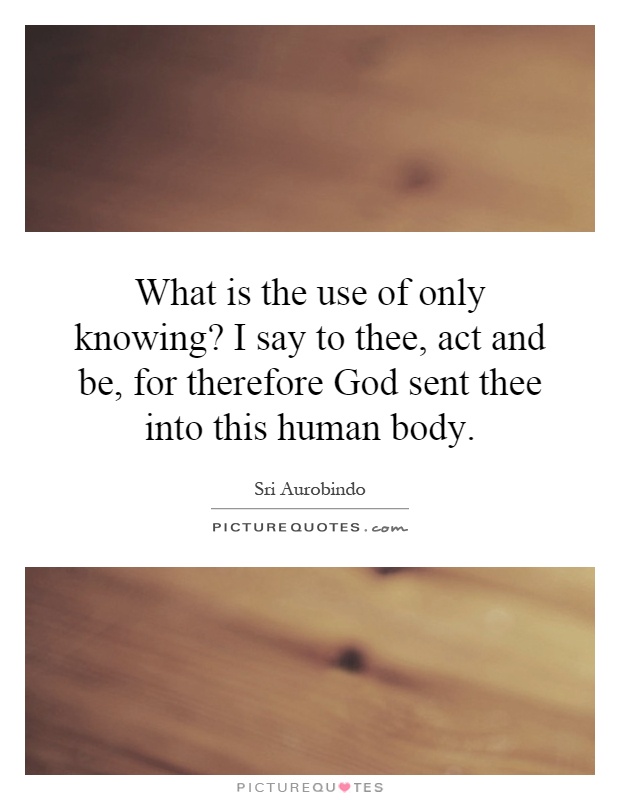
What is the use of only knowing? I say to thee, act and be, for therefore God sent thee into this human body
Sri Aurobindo, a renowned Indian philosopher, yogi, and spiritual leader, emphasized the importance of action and being in addition to mere knowledge. In his teachings, he often stressed the idea that knowing alone is not enough; one must also act and embody their knowledge in order to fulfill their purpose in life.The quote, “What is the use of only knowing? I say to thee, act and be, for therefore God sent thee into this human body,” encapsulates Aurobindo’s belief that human beings are not meant to simply accumulate knowledge, but to actively engage with the world and manifest their inner potential. According to Aurobindo, each individual has a unique role to play in the grand scheme of existence, and it is through action and being that one can fully realize their divine purpose.
Aurobindo’s philosophy is deeply rooted in the concept of integral yoga, which seeks to harmonize the various aspects of human existence – physical, mental, emotional, and spiritual – in order to achieve a state of unity with the divine. For Aurobindo, knowledge is a necessary component of this process, but it is only through action and embodiment that one can truly transform themselves and the world around them.
By engaging with the world through conscious action and being fully present in the moment, individuals can tap into their inner power and connect with the divine source of all creation. Aurobindo believed that each person has the potential to become a channel for divine energy and bring about positive change in the world, but this can only be achieved through active engagement with life and a willingness to embody one’s highest ideals.

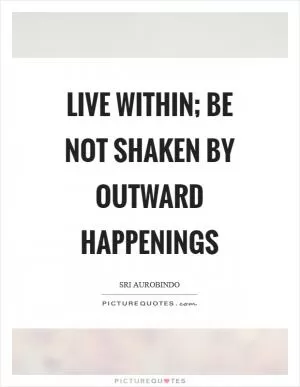


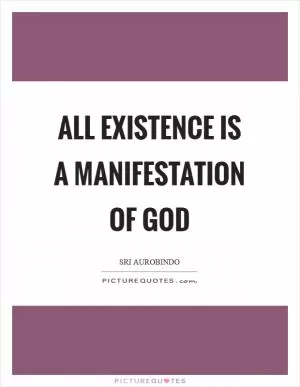
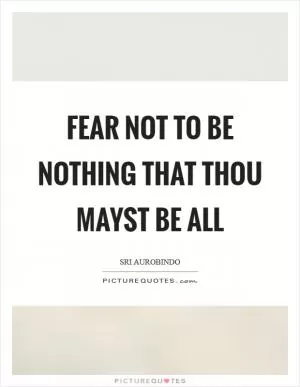
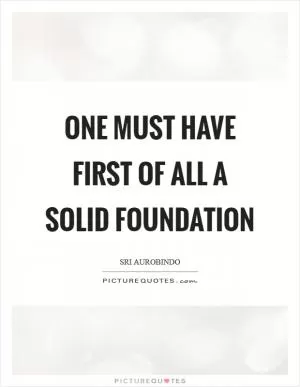

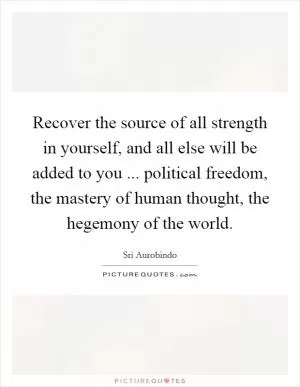


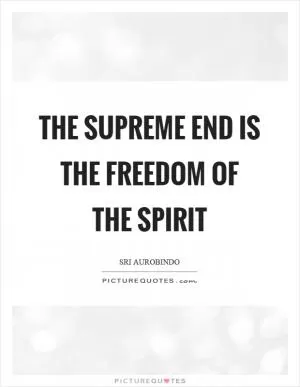
 Friendship Quotes
Friendship Quotes Love Quotes
Love Quotes Life Quotes
Life Quotes Funny Quotes
Funny Quotes Motivational Quotes
Motivational Quotes Inspirational Quotes
Inspirational Quotes